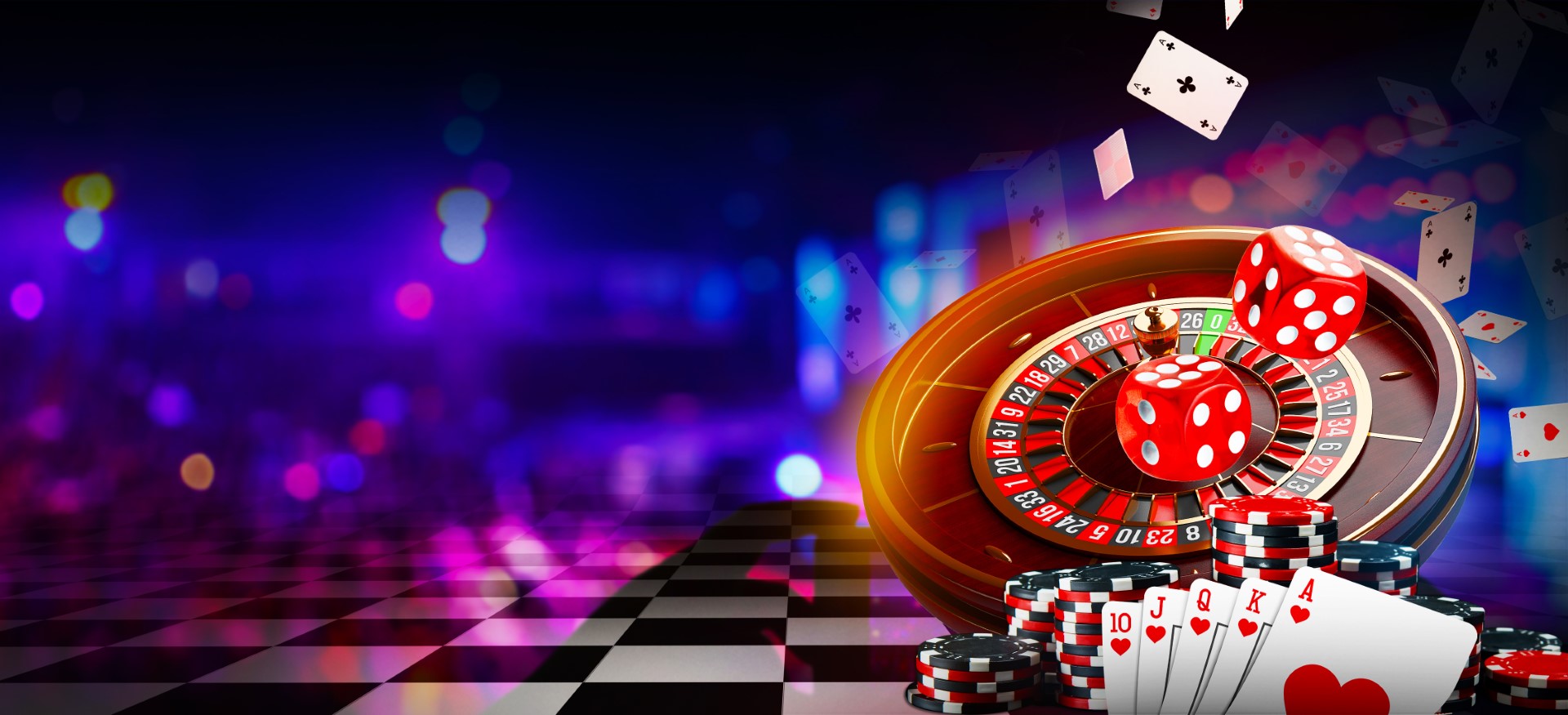
Casino games have long captured the interest of people around the world, becoming an essential part of both entertainment and society. From the sparkling lights of Las Vegas to the engaging experience of internet gambling, these activities evoke thrill, danger, and sometimes even a sense of sentimentality. They are beyond just hobbies; they have woven themselves into the tapestry of society, influencing everything from cinema and songs to clothing and books.
The allure of casino games surpasses the betting aspect, tapping into broader themes of serendipity, possibility, and human behavior. As players assemble around a card table or rotate the roulette, they engage in an timeless ritual that resonates with our communal desire for adventure and unpredictability. meilleur casino de france This captivation has led to the rise of many references in films, songs, and video games, showcasing how intensely entrenched these games are in popular culture. Whether it is the intense drama of a traditional heist movie or the vibrant nightlife portrayed in music videos, casino games have carved out a substantial role that reflects our bond with risk and reward.
Cultural Impact of Gambling Activities
Gambling activities have played a pivotal role in social aspects throughout history. Originating from ancient civilizations, forms of chance were often linked to ceremonies or events. For example, early iterations of gambling can be linked back to historic Chinese and the Roman Empire, where dice games and betting on outcomes were popular pastimes. These activities not only functioned as leisure but also as means of connecting people, facilitating relationships among individuals within communities.
As cultures evolved, so did the complexity and organization of gambling games. The creation of official casinos in the 17th century, particularly in Italy, marked a significant shift in how games were perceived and structured. With designated spaces for gambling, the casino became a social hub where patrons from various backgrounds gathered. This change contributed to the legitimization of the industry, transforming it from a mere pastime into an organized industry that influenced economy and regulations.
The effect of casino activities on mainstream culture cannot be overlooked. As they were brought into the limelight in literature and movies, games such as Texas Hold’em and blackjack became icons of risk, chance, and strategy. Iconic characters and narratives have developed around these activities, illustrating societal views towards luck, prosperity, and vice. This interest with gambling activities has permeated various forms of media, solidifying their status in the collective consciousness and connecting them to wider cultural narratives throughout history.
Depiction of Casino Games in Entertainment
Gambling games have long been a popular subject in different types of entertainment, reflecting both the excitement and complexities of the world of gambling. Movies such as Ocean’s Eleven and Casino Royal portray characters who navigate intense situations, showcasing not only the allure of the casino atmosphere but also the methods and decisions that come with playing popular games like poker and 21. These movies often dramatize the excitement of winning and the potential repercussions of losing, encapsulating the dangers involved in betting.
TV programs have also explored the world of casino games, often integrating them into the plot as a context for story progression and drama. Shows like Las Vegas depict the lives of casino workers and customers, highlighting the lively, often disorderly energy of the gaming floor. Reality shows featuring intense gambling competitions further emphasize the appeal of casino games, drawing viewers into the drama and tactics involved in each session. Through these depictions, media not only amuses but also prompts conversations about fortune, expertise, and the essence of randomness.
Gaming have increasingly included casino games into their structure, allowing players to simulate the thrill of gambling without monetary loss. Games within the realm of digital gaming often include online slot machines, poker, and other casino favorites, creating an immersive gameplay that mirrors actual casino experiences. These digital representations make gambling activities accessible to a worldwide viewer base, appealing to both risk-takers and those who enjoy the excitement of virtual experiences. As a outcome, the portrayal of gambling activities in entertainment continues to shape public perception and cultural significance, highlighting their place in entertainment and social context.
Effect of Casino Games on Society
Casino games have a meaningful effect on communities, affecting multiple facets of societal norms and interpersonal behavior. They often function as a venue for community engagement, where people gather to enjoy a shared activity. Casino trips with friends or visits to casinos become group events that build connections and create memories. This communal aspect enhances the fun value of casino games, making them a favored choice for celebrations and leisure activities.
Moreover, casino games have been depicted in numerous films, television shows, and literature, influencing perceptions and attitudes towards gambling and gaming. Icons like James Bond playing baccarat or the high-stakes poker scenes in films have cemented these games in the shared imagination. This depiction often glamorizes the lifestyle associated with gambling, drawing in new players and influencing trends in both fashion and conduct. These portrayals can ignite curiosity and lead to a deeper exploration of the nuances of gambling.
However, there are also adverse implications linked to the popularity of casino games. The allure of quick monetary gain can lead to gambling addiction and economic troubles for some people. The community must grapple with these consequences, advocating for responsible gambling and awareness of the dangers involved. Balancing the fun aspect of gambling activities with the risks is vital to ensure that they remain a positive aspect of our societal fabric.